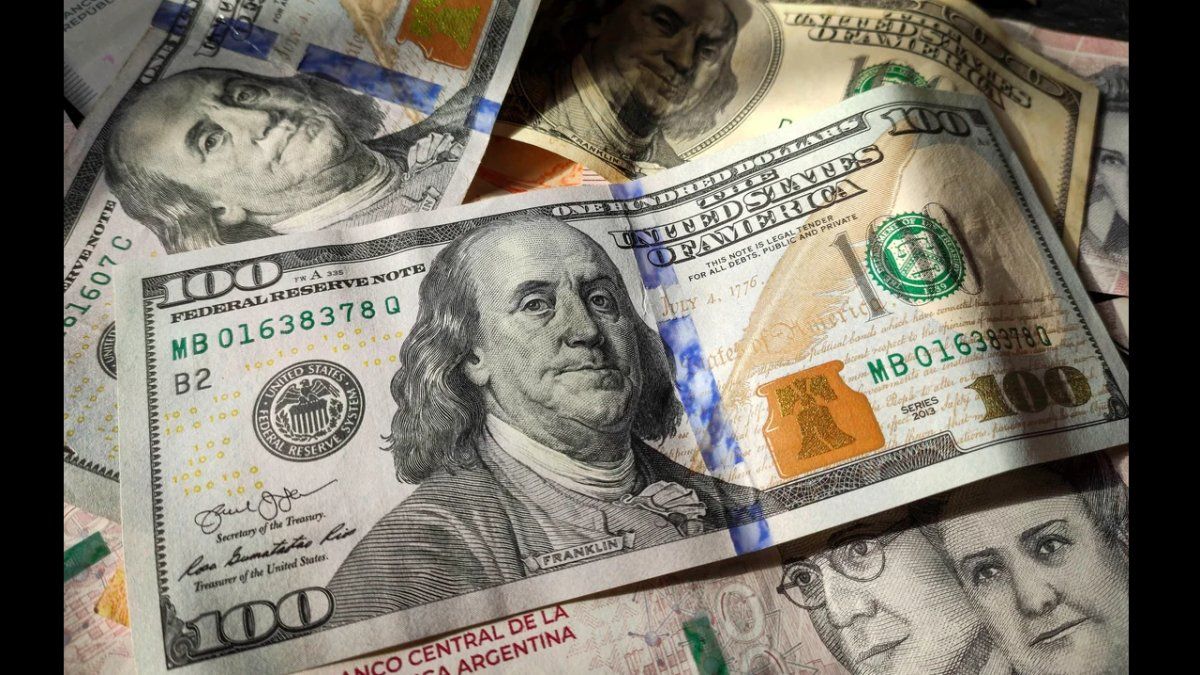The world’s largest chemical company is reacting to the gas crisis and is also cutting jobs at its headquarters in Ludwigshafen. The prospects for this year look bleak.
The world’s largest chemical group, BASF, is reacting to the energy crisis by cutting 2,600 jobs worldwide. Around two-thirds of this is in Germany, the Dax group announced. In addition, a further 700 jobs in production at the Ludwigshafen site are affected by cuts. Meanwhile, BASF is preparing for a significant drop in earnings in the current year.
The chemical company announced an austerity program in 2022 because of the skyrocketing energy costs in Europe and the slowing economy. The company wants to save 500 million euros a year outside of production from 2024, half of which will be realized at the main plant in Ludwigshafen. The group employs around 39,000 of its more than 111,000 employees worldwide in the main plant. The focal points of the cost savings are service, corporate and research areas as well as the corporate headquarters. In return, the savings program will cost around 400 million euros.
As Germany’s largest industrial gas consumer, BASF is troubled by the high energy and raw material costs. The uncertainties due to the war in Ukraine, high raw material and energy costs in Europe, rising prices and interest rates would continue in 2023, it said. All of this will weigh on global demand.
Energy prices weigh on competitiveness in Europe
“The competitiveness of the European region is increasingly suffering from over-regulation,” said CEO Martin Brudermüller. In addition, there would be slow and bureaucratic approval procedures and, above all, high costs for most production factors. All of this has slowed market growth in Europe compared to other regions for many years. In addition, high energy prices are now having a negative impact on profitability and competitiveness in Europe.
According to the information, BASF spent 3.2 billion euros more on energy costs last year than in the previous year. The company had to pay 2.2 billion euros more for natural gas alone. Ludwigshafen accounted for 1.4 billion euros of the additional costs for natural gas – despite a 35 percent reduction in gas consumption.
From the end of 2026, the measures in Ludwigshafen would probably lead to annual fixed costs being reduced by more than 200 million euros. In addition to the cost-cutting program, BASF is also taking structural measures. This is intended to better equip the parent plant for the increasingly fierce competition. Among other things, one of the two ammonia plants and a plant for the plastic precursor TDI and plants for precursors are to be closed there.
BASF expects a significant drop in earnings in 2023
For the current year, BASF expects sales of 84 billion to 87 billion euros after 87 billion in the previous year. In terms of operating earnings (adjusted EBIT), BASF expects EUR 4.8 billion to EUR 5.4 billion – that would be a decrease of up to 30 percent compared to the previous year. BASF expects a weak first half of the year. The earnings situation should improve in the second half of the year with catch-up effects, particularly in China.
Last year, a loss of 627 million euros was incurred due to billions in write-offs on the subsidiary Wintershall Dea. That was far less than BASF announced in January. At that time, the company had assumed a loss of almost 1.4 billion euros. The reason for this is lower depreciation on Wintershall Dea. The BASF subsidiary complains that its holdings in Russia have been expropriated and is planning a complete withdrawal from the country. In 2021, BASF had still earned around 5.5 billion euros.
Despite a loss last year, BASF wants to pay out just as much money to shareholders as it did in 2021. The board of directors is planning a dividend of EUR 3.40 per share. BASF prematurely stopped the share buyback program, which was supposed to run until the end of 2023. Instead of up to three billion euros, only 1.4 billion euros were spent, it said. This means that the company has more money in the treasury, for example to invest or to put it into the restructuring of the group.
Source: Stern




